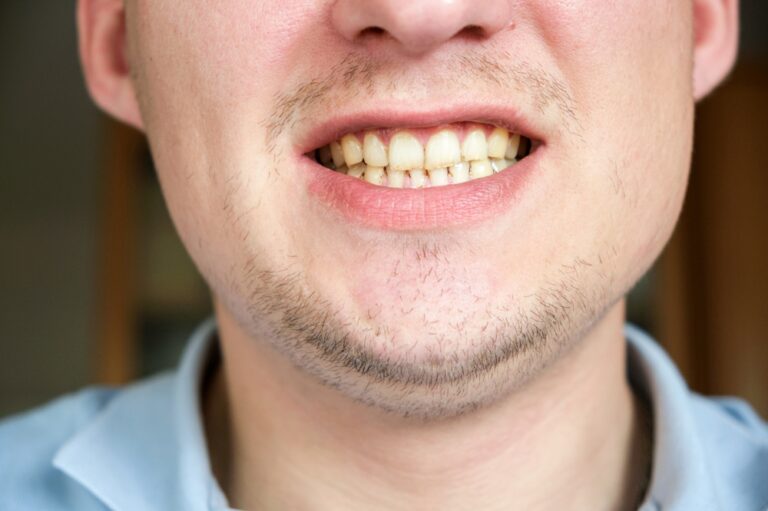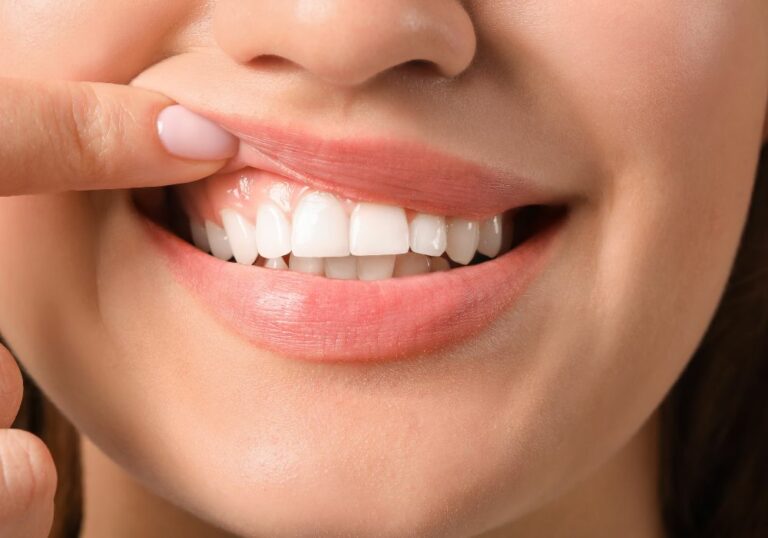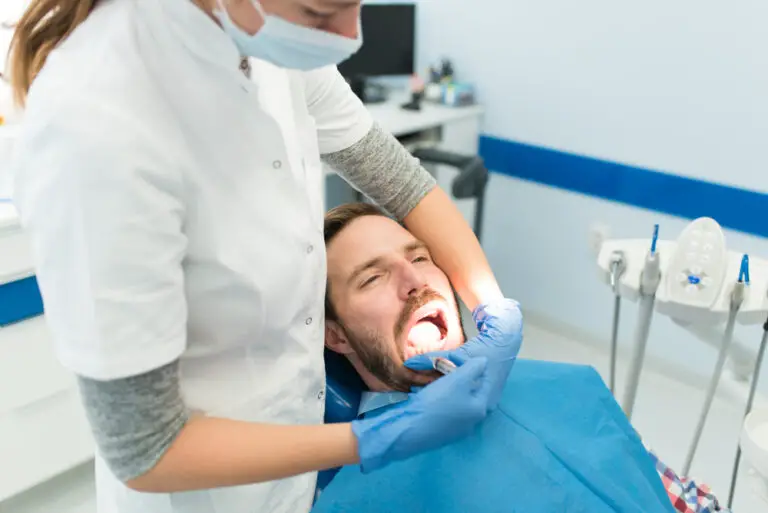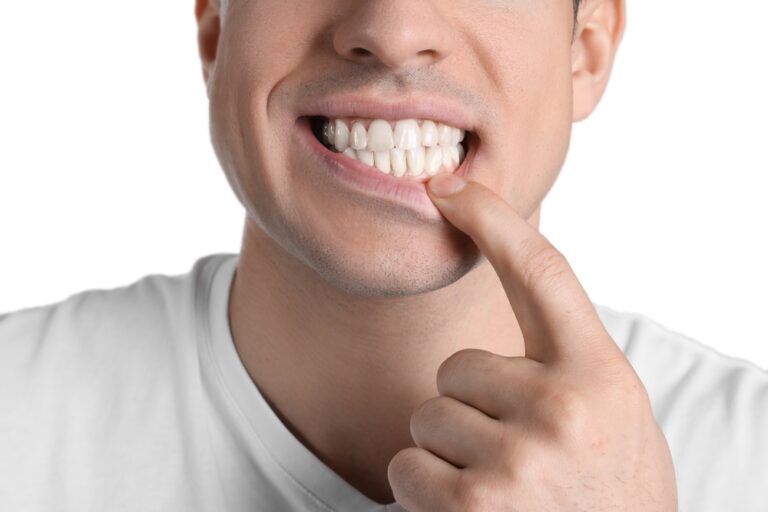Teeth is a horror movie that was released in 2007. It tells the story of a high school student named Dawn who discovers that she has a rare condition called Vagina Dentata, which means she has teeth in her vagina. The movie is known for its controversial and graphic scenes, which have caused it to be rated R by the Motion Picture Association of America (MPAA).
The R rating means that the movie is restricted and can only be viewed by people who are 17 years or older, unless they are accompanied by a parent or guardian. The rating was given due to the movie’s sexual content, violence, and language. The movie has been banned in some countries due to its controversial content.
Despite its controversial nature, Teeth has received positive reviews from some critics for its unique storyline and strong performances by the cast. If you are a fan of horror movies and are not easily offended, Teeth may be worth checking out. Just make sure you are prepared for some graphic and disturbing scenes.
Teeth Rating Overview
When it comes to VA disability ratings for teeth, the rating depends on the number of teeth missing and whether or not they can be replaced by a prosthesis or false teeth. The VA rates dental conditions that are related to service-connected disabilities. If you have a service-connected disability that affects your teeth, you may be eligible for a disability rating.
The VA rates dental disabilities on a scale ranging from 0 to 100 percent. The rating is determined by the severity of the dental condition and how it affects your ability to perform daily activities. The VA will consider factors such as pain, difficulty chewing, and speech impairment when determining your rating.
Here is a breakdown of the VA disability ratings for teeth:
- If all teeth are missing and cannot be replaced, the rating is 100 percent.
- If all the upper or lower teeth are missing and cannot be replaced, the rating is 30 percent.
- If all teeth are missing but can be replaced by a prosthesis or false teeth, the rating is 0 percent.
- If you have less than a full set of teeth missing, the rating will depend on the number of teeth missing and whether or not they can be replaced.
It’s important to note that the VA will not rate dental conditions that are not related to a service-connected disability. This means that if you have a dental condition that is not related to your military service, you will not be eligible for a disability rating.
In conclusion, if you have a service-connected disability that affects your teeth, you may be eligible for a disability rating. The VA rates dental disabilities based on the severity of the condition and how it affects your ability to perform daily activities. If you are unsure about your eligibility for a disability rating, it’s best to speak with a VA representative.
Rating Agencies and Their Criteria
When it comes to rating teeth, there are a few rating agencies that assess the creditworthiness of dental and oral conditions. These agencies use specific criteria to determine the rating of a particular condition. Here are some of the rating agencies and their criteria:
National Association of Insurance Commissioners (NAIC)
NAIC is a rating agency that assesses the creditworthiness of dental insurance providers. The agency uses a credit quality scale to rate the likelihood of the debt of issuers, such as dental insurance providers, being repaid in whole or part. The ratings range from AAA (highest credit quality) to D (default).
Schedule for Rating Disabilities (VA)
The Schedule for Rating Disabilities is a rating agency that assesses the severity of dental and oral conditions in veterans. The agency uses a diagnostic code to rate the condition, and the rating is based on the severity of the condition. For example, a diagnosis of “loss of teeth, replaceable by prosthesis” is rated with diagnostic code 9913, which is considered a noncompensable disability.
Standard & Poor’s (S&P)
S&P is a rating agency that assesses the creditworthiness of dental and oral conditions in healthcare providers. The agency uses a rating scale to rate the likelihood of the debt of issuers, such as healthcare providers, being repaid in whole or part. The ratings range from AAA (highest credit quality) to D (default).
Moody’s
Moody’s is a rating agency that assesses the creditworthiness of dental and oral conditions in healthcare providers. The agency uses a rating scale to rate the likelihood of the debt of issuers, such as healthcare providers, being repaid in whole or part. The ratings range from Aaa (highest credit quality) to C (default).
Fitch Ratings
Fitch Ratings is a rating agency that assesses the creditworthiness of dental and oral conditions in healthcare providers. The agency uses a rating scale to rate the likelihood of the debt of issuers, such as healthcare providers, being repaid in whole or part. The ratings range from AAA (highest credit quality) to D (default).
Overall, these rating agencies play an important role in assessing the creditworthiness of dental and oral conditions, which can have a significant impact on the cost and availability of dental insurance and healthcare.
Impact of Teeth Rating
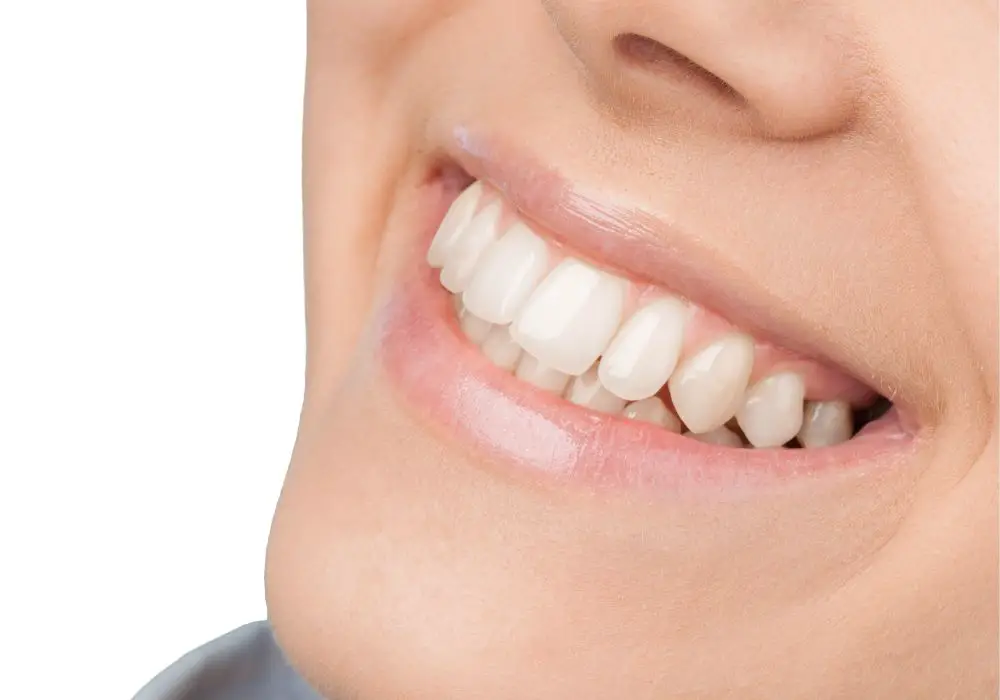
When it comes to VA disability ratings for teeth, the impact of the rating can vary depending on the severity of the dental issue. The rating system is designed to compensate veterans for disabilities that are a result of their military service. Here are some potential impacts of teeth rating:
Financial Compensation
One of the most significant impacts of teeth rating is the financial compensation that veterans receive. Depending on the severity of the dental issue, veterans can receive a disability rating of 10%, 20%, or 30%. This rating determines the amount of compensation they receive each month. For example, a 30% rating for missing upper or lower teeth can result in a monthly compensation of $441.35.
Access to Dental Care
In addition to financial compensation, teeth rating can also impact a veteran’s access to dental care. Veterans with a service-connected dental disability are eligible for dental care through the VA. The severity of the dental issue and the disability rating can determine the level of care that is available to the veteran.
Quality of Life
Teeth rating can also impact a veteran’s quality of life. Dental issues can cause pain, discomfort, and embarrassment, which can affect a veteran’s ability to socialize and perform daily activities. A higher disability rating can indicate a more severe dental issue, which can have a greater impact on a veteran’s quality of life.
Overall, teeth rating can have a significant impact on a veteran’s life, from their financial compensation to their access to dental care and quality of life. It’s important for veterans to understand the rating system and seek the appropriate care and compensation for their dental disabilities.
Factors Influencing Teeth Rating
When it comes to rating your teeth, there are several factors that can influence the overall score. Here are some of the most important factors to consider:
Oral Hygiene
Your daily oral hygiene routine plays a significant role in the health and appearance of your teeth. Brushing, flossing, and using mouthwash help to remove plaque and bacteria, prevent cavities and gum disease, and keep your breath fresh.
Nutrition
Eating a well-balanced diet that is rich in vitamins and minerals is essential for maintaining healthy teeth and gums. Calcium, vitamin D, and phosphorus are particularly important for strengthening tooth enamel and preventing decay.
Lifestyle Habits
Certain lifestyle habits can also impact your teeth rating. Smoking and excessive alcohol consumption can stain your teeth, increase your risk of gum disease, and even lead to oral cancer. Additionally, grinding your teeth or clenching your jaw can cause wear and tear on your teeth and lead to jaw pain.
Dental Care
Regular dental checkups and cleanings are crucial for maintaining good oral health. Your dentist can identify any potential issues early on and provide treatment to prevent further damage. Additionally, cosmetic treatments such as teeth whitening or braces can improve the appearance of your teeth and boost your overall rating.
Overall, taking care of your teeth through good oral hygiene, proper nutrition, healthy lifestyle habits, and regular dental care can all contribute to a higher teeth rating.
Teeth Rating in Different Countries
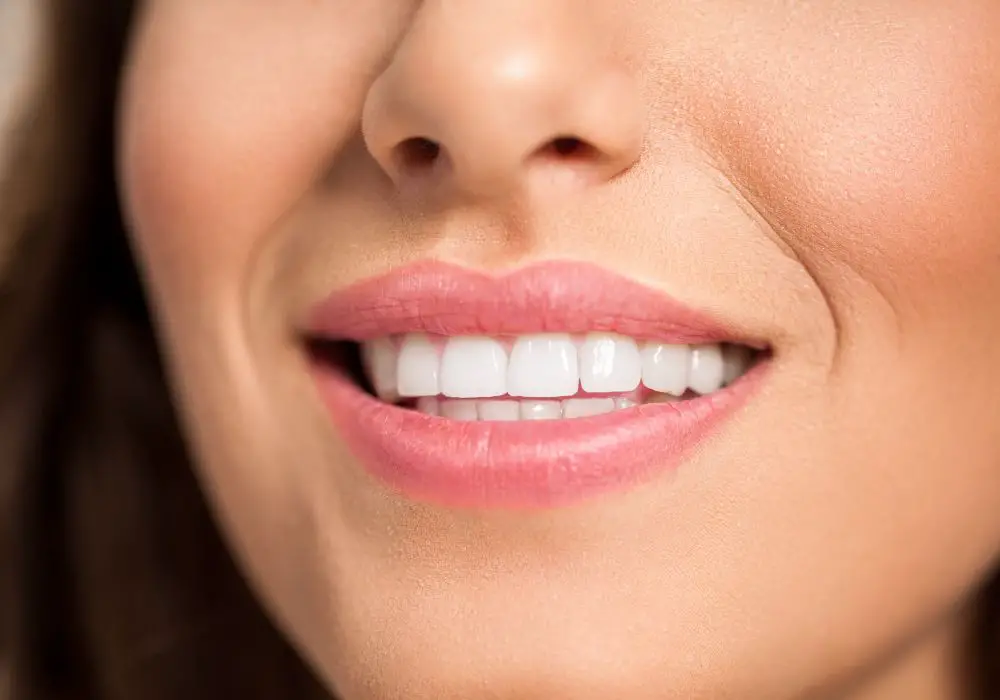
When it comes to dental health, some countries have a better rating than others. Here are some of the countries with the best teeth rating based on the DMFT (decayed, missing, or filled teeth) score:
- Denmark: With a DMFT score of 0.4, Danish citizens have pretty perfect teeth, making Denmark the country with the best teeth rating.
- Germany: Germany has a DMFT score of 0.5, which is also considered very good.
- Finland: Finland’s DMFT score is 0.7, making it one of the countries with the healthiest teeth in the world.
- Sweden: Swedish citizens have some of the cleanest, whitest, straightest teeth in the world, with a DMFT score of 0.8.
- United Kingdom: The U.K. shares an identical DMFT score with Sweden, making it into the top five as well.
Other countries with a DMFT score below 1.0 include Switzerland, Canada, and France.
It’s worth noting that the DMFT score is not the only factor that determines dental health. Other factors include access to dental care, oral hygiene habits, and diet. However, the DMFT score is a good indicator of the overall dental health of a population.
If you’re looking to improve your own dental health, there are several things you can do, regardless of where you live:
- Brush your teeth twice a day with fluoride toothpaste.
- Floss daily to remove plaque and food particles from between your teeth.
- Limit sugary and acidic foods and drinks, which can erode tooth enamel.
- Visit your dentist regularly for check-ups and cleanings.
By taking care of your teeth, you can improve your own teeth rating and enjoy a healthy, beautiful smile for years to come.
Teeth Rating Trends
When it comes to teeth rating, there are a few trends that have emerged in recent years. Here are some of the most notable trends:
1. Focus on Natural Teeth
One trend that has become increasingly popular is a focus on natural teeth. Many people are embracing their natural tooth color and texture, rather than trying to achieve an unrealistic ideal. This trend has led to an increased interest in products that help maintain and enhance the natural appearance of teeth, such as whitening toothpaste and fluoride treatments.
2. Increased Emphasis on Oral Health
Another trend in teeth rating is an increased emphasis on oral health. More and more people are recognizing the importance of good oral hygiene and regular dental check-ups. This trend has led to a surge in the popularity of products that promote oral health, such as electric toothbrushes and water flossers.
3. Personalized Teeth Rating
With the rise of social media and online communities, personalized teeth rating has become more popular. People are sharing their own experiences with dental procedures and products, and seeking out recommendations from others. This trend has led to an increased demand for customized dental treatments and products that cater to individual needs and preferences.
4. Sustainability and Eco-Friendliness
Finally, there is a growing trend towards sustainability and eco-friendliness in teeth rating. Many people are looking for dental products that are environmentally friendly and made from natural, sustainable materials. This trend has led to an increased interest in bamboo toothbrushes, biodegradable floss, and other eco-friendly alternatives to traditional dental products.
Overall, these teeth rating trends reflect a growing awareness of the importance of oral health and a desire for natural, sustainable products that cater to individual needs and preferences.
Public Perception of Teeth Rating
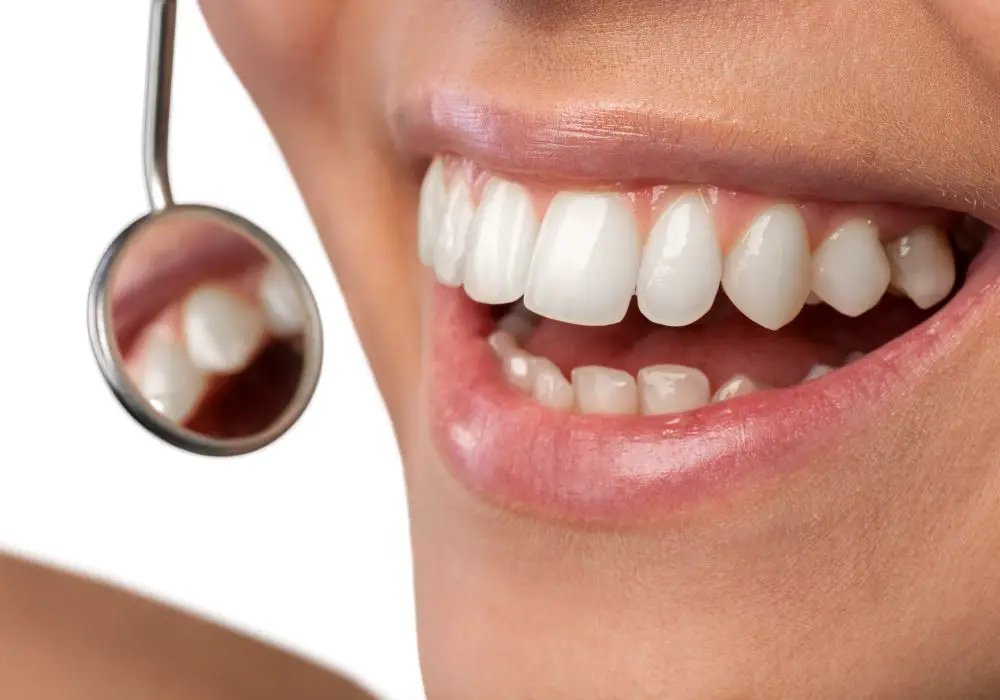
When it comes to rating teeth, the public perception is largely influenced by societal norms and expectations. According to a study on the impact of tooth color on the perceptions of age and social status, participants associated darkened teeth with poorer subjective ratings, while the highest ratings were given to whitened teeth. Natural teeth were rated as intermediate. These trends were similar across all participant age groups and gender.
Interestingly, in England, black teeth were once associated with royalty and affluence due to sugar being an expensive commodity and Queen Elizabeth I’s fondness for sugary treats. Her decayed black teeth gained popularity, and aristocratic women deliberately started using products that blackened their teeth.
The public perception of teeth rating also varies depending on the purpose of the rating. For instance, in the context of attractiveness, a study on tooth color and judgments of attractiveness and age found that unless whiter teeth help in some other way, such as improved self-esteem or confidence, tooth whitening procedures or products are not associated with increased attractiveness to others.
It’s worth noting that dental health disparities can affect the public perception of teeth rating. For example, individuals with limited access to dental care may have more severe dental problems, which can affect how their teeth are perceived. Additionally, dental problems can be stigmatized, leading to negative perceptions of individuals with dental issues.
Overall, the public perception of teeth rating is influenced by societal norms, cultural practices, and individual preferences. While there may be some general trends in how teeth are rated, it’s important to remember that beauty is subjective, and dental health disparities can affect perceptions of teeth.
Teeth Rating Controversies
Teeth ratings are a source of controversy in the dental industry. The rating system is used to determine the severity of dental issues and the level of treatment needed. However, there are disagreements about the accuracy and usefulness of the ratings.
One issue with the rating system is that it can be subjective. Different dentists may have different opinions on the severity of a dental issue, leading to inconsistencies in ratings. Additionally, some dentists may be more lenient or strict in their ratings, which can affect the level of treatment a patient receives.
Another controversy surrounding teeth ratings is the impact they can have on insurance coverage. Some insurance companies may use teeth ratings to determine coverage levels, which can lead to disparities in coverage for different patients with similar dental issues.
Despite these controversies, teeth ratings are still widely used in the dental industry. They can provide a general guideline for the severity of dental issues and help dentists determine the best course of treatment. However, it’s important to keep in mind that ratings are not always accurate and should be used as a starting point for treatment rather than the sole determining factor.
In conclusion, teeth ratings are a useful tool in the dental industry, but they are not without their controversies. It’s important to approach ratings with a critical eye and to consider other factors, such as individual patient needs and insurance coverage, when determining the best course of treatment.
Frequently Asked Questions
What is the rating of the movie Teeth?
The movie Teeth is rated R by the Motion Picture Association of America (MPAA). This means that the movie is intended for mature audiences and may not be suitable for children under 17 years old.
Is Teeth rated R?
Yes, Teeth is rated R by the MPAA.
Why is Teeth 2007 rated R?
Teeth is rated R due to its strong sexual content, language, and disturbing images.
Is Teeth worth watching?
Whether Teeth is worth watching or not is subjective and depends on your personal preferences. The movie has received mixed reviews, with some praising its unique premise and feminist themes, while others criticize its graphic content and execution.
What is the movie Teeth about?
Teeth is a horror-comedy movie that follows a high school student named Dawn who discovers that she has teeth in her vagina. As she navigates her newfound power, she becomes a symbol of female empowerment and fights against sexual violence.
Who is in the cast of Teeth?
The cast of Teeth includes Jess Weixler as Dawn, John Hensley as Brad, Hale Appleman as Ryan, Lenny von Dohlen as Dr. Godfrey, and Ashley Springer as Kim.


